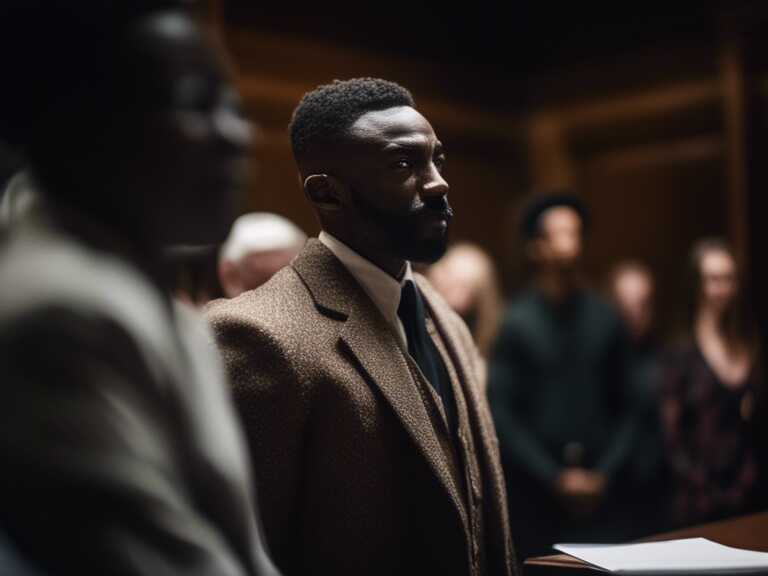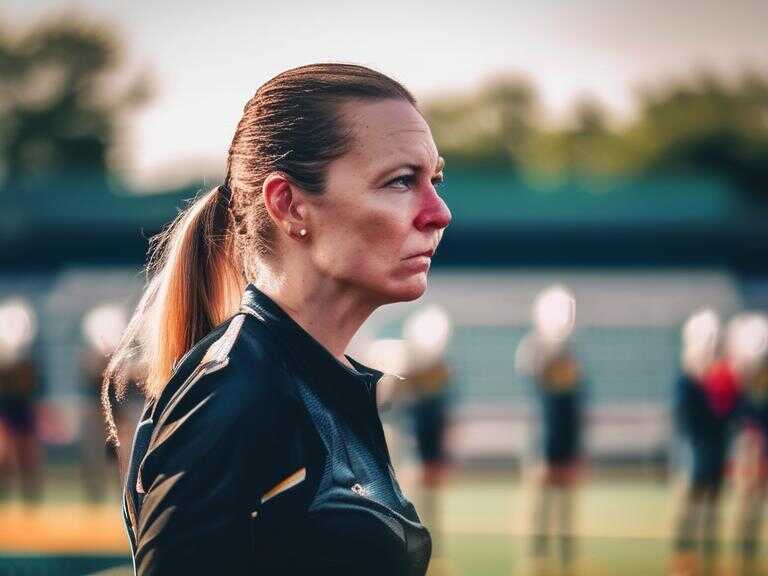
Reggie Bush Files Lawsuit Against NCAA, USC, and Pac-12 Demanding Compensation for Name, Image, and Likeness Use
Reggie Bush sues USC, NCAA, and Pac-12 for compensation over exploitation of his name and likeness during his college football career.

In a significant legal move, Heisman Trophy-winning running back Reggie Bush has initiated a lawsuit targeting not only his former college, the University of Southern California (USC), but also the National Collegiate Athletic Association (NCAA) and the Pac-12 conference. This legal action aims to seek financial reparations concerning the utilization of Bush's name, image, and likeness during his tenure as a USC football player over two decades ago.
Legal Pursuit
On Monday, Bush's legal team disseminated a brief announcement, revealing the lawsuit's filing. The attorneys representing the former USC star emphasized the need for compensation to address and rectify what they characterized as "ongoing injustices stemming from the exploitation" of Reggie Bush's name, image, and likeness during his involvement with the Trojans.
According to attorney Evan Selik, this case transcends Reggie Bush himself, as it seeks to establish a precedent for the equitable treatment of all college athletes. "Our goal is to rectify this injustice and pave the way for a system where athletes are rightfully recognized, compensated and treated fairly for their contributions," claimed Selik.
Reggie Bush, renowned as one of the most exhilarating players in recent college football history, showcased his exceptional talent during his three-year stint at USC from 2003 to 2005, culminating in two national titles and the prestigious Heisman Trophy. Following his college career, he embarked on an impressive 11-year tenure in the NFL.
Heisman Trophy Controversy
In 2010, Bush relinquished his Heisman Trophy after USC faced substantial sanctions, partially linked to Bush's interactions with two burgeoning sports marketers. After a prolonged period, the Heisman Trust formally reinstated the honor earlier this year, returning the trophy to Bush. This restoration was attributed to significant alterations in the landscape of college athletics over the preceding 14 years.
Notably, Bush is concurrently pursuing a distinct defamation lawsuit against the NCAA, stemming from the governing body's characterization of the circumstances surrounding Bush's previous troubles. This legal pursuit underscores Reggie Bush's determination to challenge not only the USC but also the broader framework governing college athletics.
Impact on Relationship with USC
The implications of this new lawsuit on Reggie Bush's relationship with USC remain uncertain. Earlier this year, the rapport between Bush and the university appeared to be on amicable ground, with USC publicly embracing Bush after a prolonged disassociation period following the 2010 NCAA ruling.
USC had actively acknowledged the return of Reggie Bush's Heisman Trophy, displaying his jersey number 5 prominently among USC’s eight banners at the Colosseum. Furthermore, there were indications that Bush was set to lead the current Trojans onto the field in an upcoming game, signifying the strengthened bond between the athlete and the university.
Legal Precedents in College Athletics
Reggie Bush is not alone in seeking legal recourse for past athletic careers under the new regulations governing college athletics. Notable figures such as Denard Robinson and Braylon Edwards, both former Michigan stars, have initiated legal proceedings against the NCAA and the Big Ten Network. Additionally, a group of ten players from NC State's 1983 NCAA championship-winning basketball team have filed a lawsuit against the NCAA and the Collegiate Licensing Company seeking compensation for the use of their names, images, and likenesses.
Ongoing Legal Landscape in College Athletics
Amid these legal endeavors, the NCAA and major college conferences are engaged in attempts to settle three antitrust lawsuits related to nil compensation for athletes. A settlement agreement has been established to allocate $2.78 billion to compensate hundreds of thousands of college athletes. Furthermore, the NCAA has undergone a paradigm shift, adapting its regulations in 2021 to permit athletes to monetize their sponsorships and endorsements, marking a departure from its previous resolute opposition.
Share news















